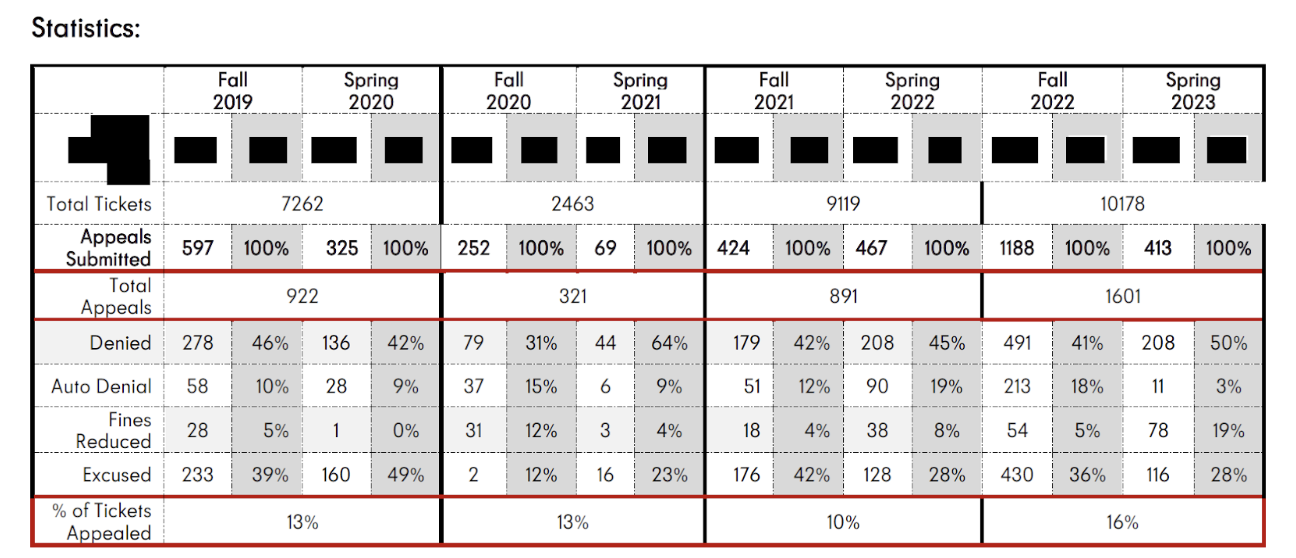One of the greatest assets at KU is its wide array of outlets for student speech, from the creative work in Shooflyand Essence to the broadcast programming on KUTV and KUR to the journalism in The Keystone. These platforms enable students to gain “real world” experience to go with their coursework. KU is also home to a diverse population of students, faculty and staff—a group that holds a variety of different political, cultural and religious beliefs. This is a vibrant community—not one where we all agree, but one where open dialogue must be valued and preserved.
As members of the Student Media Advisory Board and leaders of student media groups, we and others work to help guide and support all kinds of student media. As part of our work, we have also been working to find a way to protect the free speech of all groups—media groups, as well as all student groups—that receive funding from the elected Student Government Board. The SGB makes budgeting decisions for student groups based on the funding collected from the Student Activities Fee, currently $141 a semester. The SGB also works in collaboration with the Dean of Students Office and the nonprofit Kutztown University Student Services Inc., which help to offer advice as they conduct their business.
With groups being funded by student government, just as in the professional world, there always exists the possibility that a group could have its funding cut or reduced because of an article, broadcast, cartoon, speech or some other content that displeases the board. It is human nature. As a board that helps advise student media organizations, the Student Media Advisory Board has come up with a proposed solution to help ensure that student speech is protected. But the effort has been stalled.
In November 2016, the board developed proposed language to be inserted in the budget agreements between student groups and the SGB, language that would remind both sides that all funding decisions not be affected by any speech published, broadcast, spoken or distributed by that group, with certain contingencies. After subsequent discussions with officials at Kutztown University Student Services Inc., we tweaked the language to read as follows:
Both the Student Government Board and the applicant agree that the funding decisions made by the SGB shall in no way be impacted by any information, opinions or views contained in any published, broadcast or distributed material produced by the group submitting this application, so long as that speech is protected by the First Amendment and does not violate state or local law.
The board developed this language to ensure, now and in the future, that no student group would ever face retribution (through their funding allocation) due to words or images that they published, spoke or broadcast, provided that it was protected speech. That means a Democratic group should not be “punished” in a funding decision based on its endorsement of a controversial liberal stance. That means a Republican group couldn’t see reduced funding because it angered the board due to promoting more conservative positions. It means that a creative publication need not fear upsetting an elected board with a piece of satire, or a poem or short story that touches on sensitive subjects. And, yes, that means that a news organization need not be afraid to criticize university policies, administration, or student leaders in their opinion sections, or fear uncovering wrongdoing, digging into a controversial issue, or producing stories that explore difficult problems. That is, after all, the role of a journalist. This is about protecting free speech and ensuring that our dialogue on campus is as open and free as possible. To date, SGB leaders have declined to take action to add this language to the budget agreements, despite testimony from students and advisors, along with other individual meetings, over the past three years.
The SGB’s first objection is that they don’t believe this is a problem. While there have been no recent cases of retribution here at KU, the fact that there haven’t been any recent examples of this kind of retribution is no reason not to take action. Student groups now and in the future need to have it in writing that they need not fear retribution in funding decisions that affect them. This is critical to protecting free speech on our campus. It is about being proactive, not reactive.
The second objection that has been raised by the SGB is over how this would affect their ability to halt hate speech on campus. This, of course, is a difficult and very serious issue on a campus where we hold respect for others in the highest esteem. This has always been one of the greatest challenges of the First Amendment. However, in this instance, we must rely on the leaders of student organizations across campus and their advisers to ensure that speech does not cross the line into hate speech. It should not be up to an elected government to be the arbiter of this. We must allow this responsibility to remain that of the leaders of the campus groups themselves, as well as the professional guidance of their faculty advisers. If a group fails to produce the product it has received funding to create, that is a different story, a circumstance in which elected leaders would have every right to revoke or reduce funding. But, as to the actual content produced, that is solely the responsibility of the groups themselves.
A third objection from the SGB has been the question of how to enforce this clause. This part is simple. There is already an appeals process in place under which groups can appeal their funding decisions to the board. If a group feels it has faced retribution for some sort of speech they produced, it would be up to that group to make their case and provide evidence during the appeals process. Adding this First Amendment clause would not only provide assurances for campus groups that receive funding, it would also provide protection for the SGB, a means of showing that they made their funding decision based on the facts at hand, irrespective of any legal speech produced by the organization.
Free speech is one of the most critical values in our democracy and a pillar of our educational community. We have great respect for the time and dedication of student government leaders and the difficult funding decisions they must make every year. We also have tremendous respect for the creative work, journalism, free speech and artistic expression of all students in our campus community and want to see that protected now and in the future. The Student Government Board has said that it will further study this issue, which the Student Media Advisory Board first took to the group in November 2016, a year after discussing it personally with former SGB President Joe Scoboria. As a new board comes in, we hope they will take action on this amendment to help protect free speech for all on this wonderful campus.
Patrick Walters, adviser to The Keystone
Jeff Voccola, adviser to Shoofly Literary Magazine
Todd Dodson, literary adviser to Essence Literary Magazine
Samantha Paine, Editor in Chief of The Keystone
Justin Sweitzer, former Editor in Chief of The Keystone





Leave a Reply